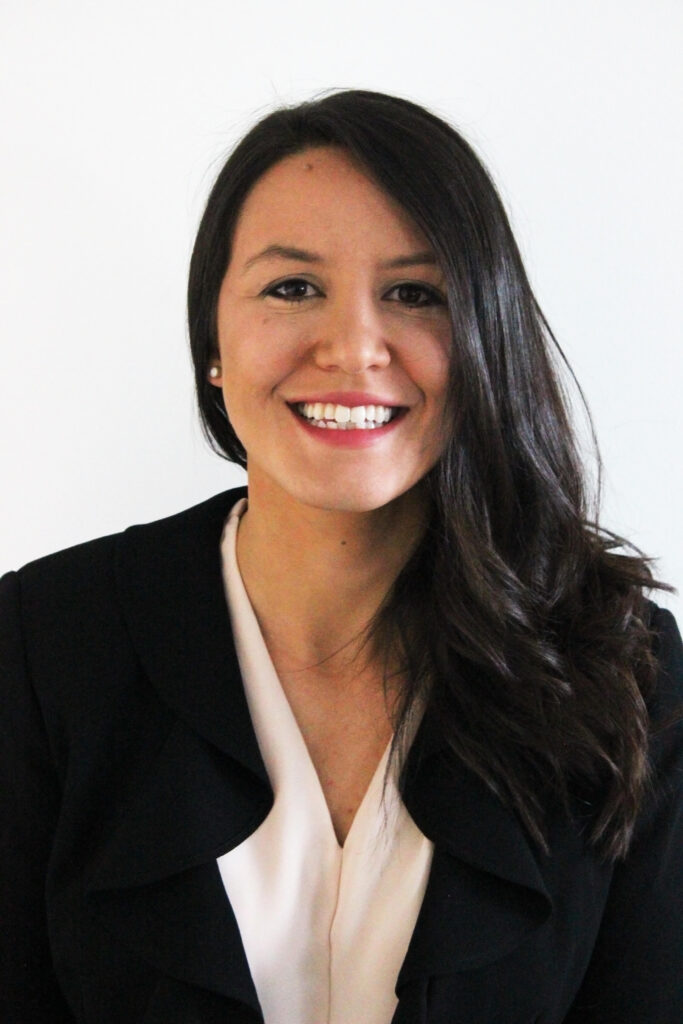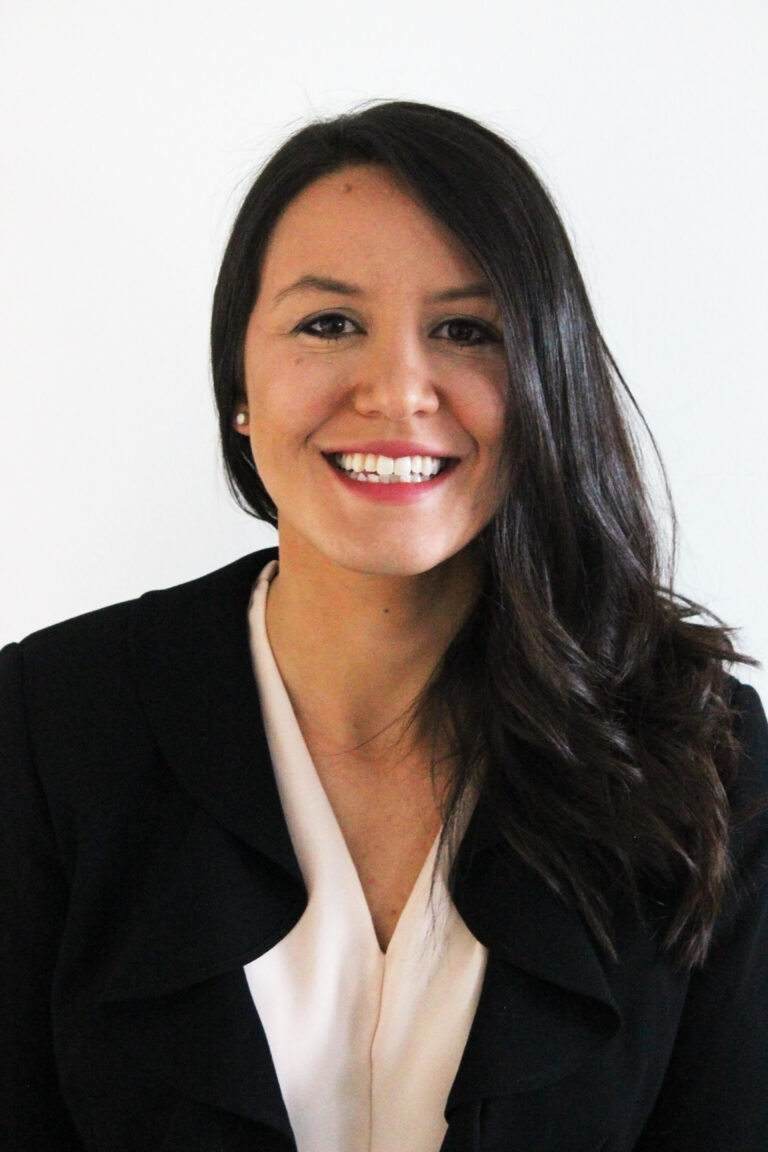March is Employee Appreciation Month. In that spirit, each week we will put the spotlight on an outstanding staff member who is instrumental in keeping our institution moving forward—even when faced with monumental challenges like those presented by the COVID-19 pandemic.

The coronavirus pandemic has been an ever-present aspect of our lives for two years now. But for many, including Clara Rivera, COVID-19 hasn’t been just an aspect of life—it’s been all-consuming.
“COVID is my job,” said Rivera, public health manager in University Health and Counseling Services (UHCS). “It feels like I’m working around the clock when case loads increase, and when new variants arise, I am constantly reading all the [relevant] literature.”
In her position, which she began in summer 2020, Rivera monitors disease trends, coordinates COVID response efforts, oversees contract tracing, develops wellness initiatives, distributes student mental health surveys and much, much more.
Sara Lee, executive director of UHCS and Rivera’s supervisor, said Rivera has excelled with these duties—and more—because of her thoroughness and flexibility.
“It’s always difficult starting a new job and it’s even more difficult starting it during a pandemic when people can’t meet face-to-face, and many are working from home,” Lee explained. “Despite that, Clara did an excellent job of making connections and really getting to know faculty, staff and students and how to work with them best as we navigated the pandemic.”
Rivera, who believes her purpose in life is to help the communities in which she lives and works, said she knows she’s making an impact in her position—even on the hard days.
Often, Rivera explained, she talks with people facing “fear and uncertainty in regard to COVID or policies related to COVID. I listen, discuss their concern, and do the best I can to either help or find the people to help them.”
According to Lee, faculty, staff and students know Rivera as someone who can help get them an answer.
“Clara really approaches problems with, ‘how can we make this better, how can we make this work,’ attitude,” Lee said. “She’s had great contributions to the health and well-being of the university community. We’re a better department and university because of her.”

